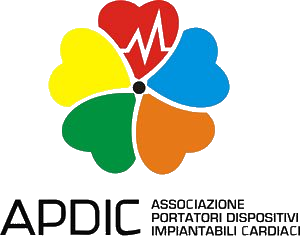Medications are the cornerstone of the clinical care in many heart diseases and rhythm abnormalities.
Several patients are receiving multiple drugs, owing to different pathologies, hence the potential for drug interaction is far from being negligible.
This is of paramount importance for
Antiarrhythmic drugs ( potential for a pro-arrhythmic effect)
Oral anticoagulant drugs (potential for bleeding events)
It is advisable to keep an updated list of current medications to be reported at medical visits, to minimize the risk of drug interaction and unwanted effects. Drug interaction can be managed safely and effectively, provided that all the medications are adjusted according to each other’s effect.
Some basic advice:
- Whether in doubt, risk missing a dose rather than taking a drug twice
- Minimize variability of drug absorption for anticoagulant drugs: 3 hours after the last meal and 1 hour before the next one
- Seasonal changes of the average anticoagulant drug dosage is common, owing to fluctuations of vitamin K and calcium dietary intake ( both can heavily affect anticoagulants’ activity)
- Whenever drugs interacting with anticoagulants are needed, it is advisable to monitor blood coagulation 3 days after starting the new therapy, and then to adjust the dosage accordingly
- Adjust dosage and administration route in the event of vomiting or diarrhea.
- Potassium or magnesium losses may trigger arrhythmias or increase the pro-arrhythmic potential of many drugs
- Loosing weight requires dosage adjustment
- Patients on diuretic treatment because of heart failure should measure body weight at least weekly, to monitor fluid retention
- The decrease of renal clearance or of liver clearance, and the worsening of heart failure require dosage adjustment of many drugs.
- Amiodarone therapy requires a check of thyroid hormones (TSH, FT3, FT4) twice a year
Specific Recommendations
Avoid QT-prolonging drugs: LQTS subjects, unstable Heart Failure patients, all females with an arrhythmic syndrome, unless under medical surveillance. To access an updated list of QT-prolonging drugs and pharmacologic interactions, go to www.azcert.org
Avoid specific drugs in patients with Brugada Syndrome: Na+ channel blockers (flecainide, pilsicainide, propafenone, aimaline, procainamide, dysopiramide), Ca++ channel blockers, α-stimulators, β-blockers, Tricyclic or Tetracyclic Antidepressants, Dimenhydrate, Edrophonium, Acetylcholine.
